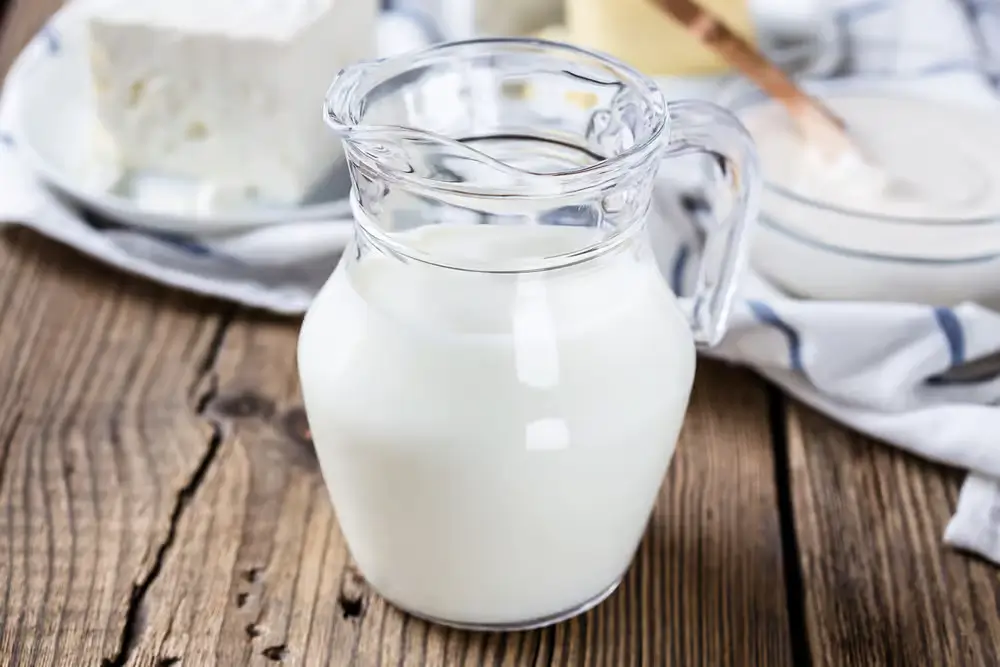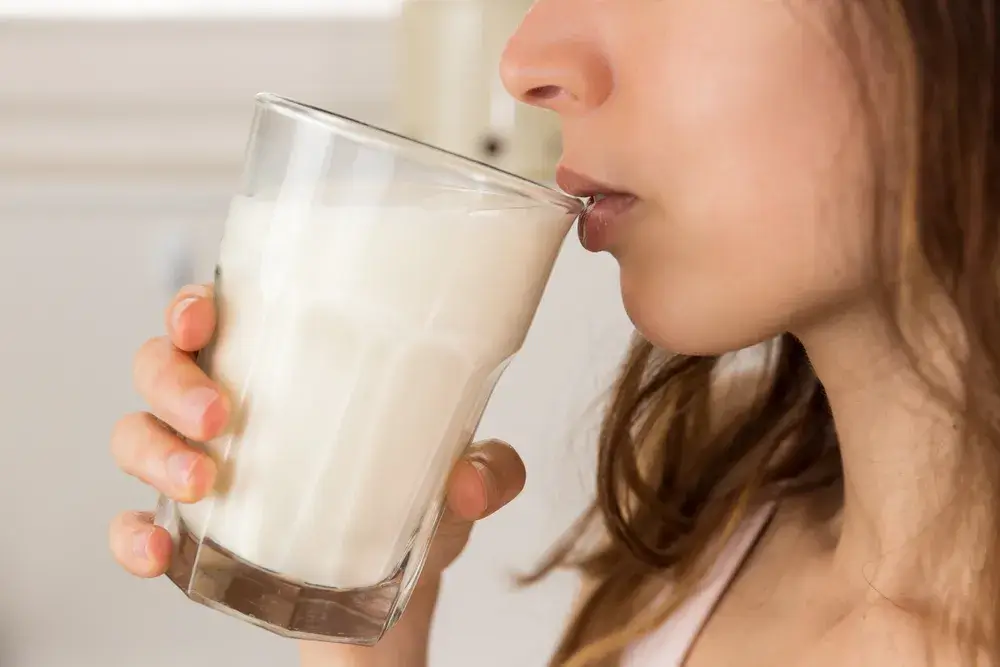6. Choose Safety First with Pasteurized Dairy

The creamy richness of milk provides essential calcium and protein—nutrients particularly important for women over 50 who are focused on maintaining strong bones and muscle mass. However, not all milk is created equal when it comes to safety.
You may have noticed the growing trend of raw, unpasteurized milk being promoted for supposed health benefits. Proponents claim it can alleviate conditions ranging from eczema to allergies and even lactose intolerance. But before you consider making the switch, it’s important to understand what research actually shows.
A comprehensive study conducted by the FDA found many claims about raw milk’s benefits to be unfounded. More concerning, unpasteurized milk can harbor dangerous bacteria including E. coli, salmonella, campylobacter, and listeria—pathogens that can cause serious illness.
For women over 50, this risk becomes even more significant. Natural changes in our immune system that come with age can make us more vulnerable to foodborne illnesses that might have caused only minor symptoms in our younger years.
The pasteurization process—which simply involves heating milk to kill harmful bacteria—doesn’t diminish milk’s nutritional benefits. You’ll still get all the calcium, protein, vitamin D, and other nutrients your body needs from pasteurized varieties.
If you’re looking for alternatives to conventional dairy, consider these safer options:
- Organic pasteurized milk from grass-fed cows
- Plant-based milks fortified with calcium and vitamin D
- Cultured dairy products like yogurt and kefir (made from pasteurized milk)
- Lactose-free milk if you’re sensitive to lactose
Many women in our community find that cultured dairy products like yogurt provide additional benefits through their probiotic content, supporting gut health while still delivering the calcium they need for bone strength.
